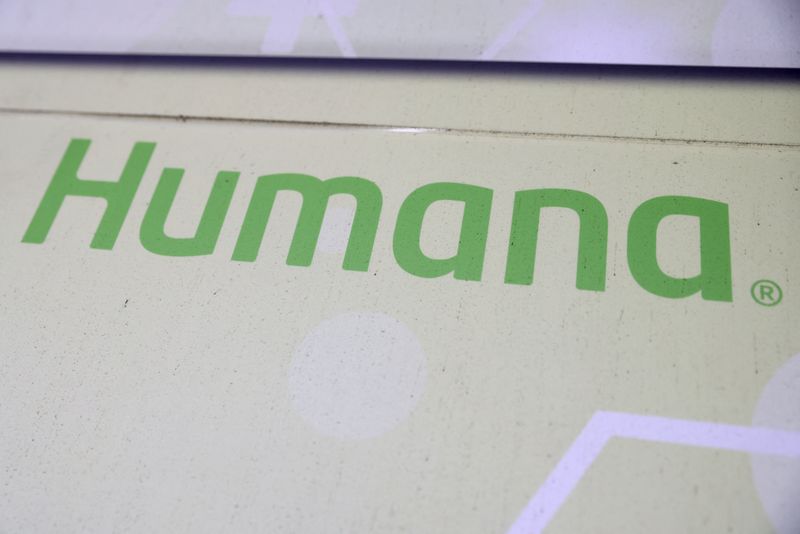(Reuters) -Humana Inc will exit the employer-based insurance business over the next 18 to 24 months, it said on Thursday, to focus primarily on government-backed programs such as Medicare for people aged 65 and older and its specialty businesses.
The U.S. insurer raised its forecast for the Medicare Advantage program it sells directly to individuals to at least 775,000 members from 625,000 on higher-than-anticipated sales and retention early in this year.
Shares of the company rose as much as 1.3% to about $510 in early trading.
"The exit from the commercial group business makes strategic sense as it enables the company to focus resources on medicare advantage business," J.P. Morgan analyst Lisa Gill said in a note, adding that the brokerage believes the market viewed the business as non-core.
Its employer group insurance business includes both fully-insured health insurance plans purchased by employers, as well as employer-sponsored health plans run by Humana (NYSE:HUM).
The insurer will continue its government-backed programs like Medicaid, Medicare Advantage and military and specialty insurance, as well as CenterWell healthcare services business offering primary care for older people.
The company said it does not expect the exit to impact its full-year 2023 forecast.
In 2021, the last full-year for which the company broke out revenues for its group and specialty segment, the business generated revenue of just under $7 billion, less than 10% of the total revenue of $83 billion. That also included its Tricare military contract.
It now expects first-quarter earnings to represent about 33% of full-year 2023 adjusted earnings per share, compared with 35% estimated previously.

Humana also said it expects an increase in its medical cost ratio, a percentage of its spends on claims to the premiums it collects, for the first quarter.
It, however, expects no impact on the medical cost ratio for the full year.